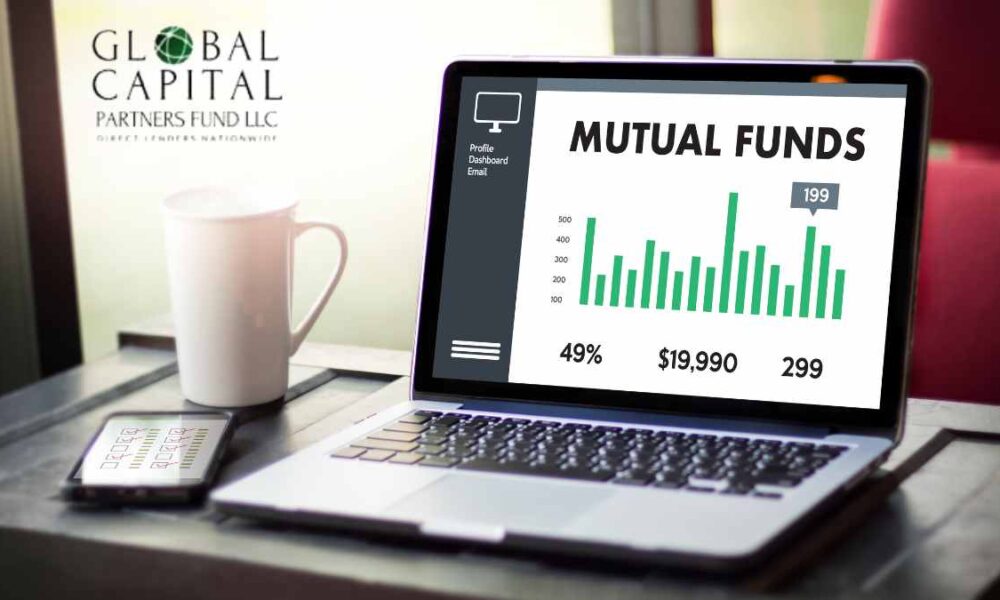
Stocking Cap! Are you new to the world of stocks and investing? Or perhaps you’re a seasoned investor looking to deepen your understanding of market dynamics. Either way, one term that you’ve likely come across is “market cap.” Market capitalization, or market cap for short, is a fundamental concept in the realm of stock investing. In this article, we will explore what market cap is all about, how it’s calculated, why it matters to investors, and much more. So buckle up as we dive into the fascinating world of market cap!
Stocking Cap: Calculating Market Cap
Market capitalization, commonly known as market cap, is a key metric used by investors to assess the value and size of a company in the stock market. Calculating market cap is a straightforward process that involves multiplying the current share price by the total number of outstanding shares.
For example, if Company A has 1 million shares outstanding and each share is trading at $50, then its market cap would be $50 million (1 million shares x $50). This calculation gives investors an idea of how much the entire company is worth based on its stock price.
By understanding how to calculate market cap, investors can make more informed decisions when evaluating potential investments. Market cap provides valuable insights into a company’s relative size compared to other companies in the same industry or sector.
It’s important to note that while market cap is a useful tool for assessing a company’s value, it should not be the sole factor considered when making investment decisions. Other fundamental and technical analysis should also be taken into account for a comprehensive evaluation.
Stocking Cap: Why Market Cap is Important for Investors
Understanding why market cap is important for investors is crucial in making informed investment decisions. Market cap provides valuable insights into a company’s size and value in the stock market, allowing investors to gauge its risk and growth potential.
Investors often use market cap as a key factor when comparing different companies within the same industry. A higher market cap generally indicates a more established company with stable earnings, while a lower market cap may suggest higher volatility and growth potential.
Market cap also plays a role in portfolio diversification, helping investors balance their investments between large-cap, mid-cap, and small-cap stocks based on their risk tolerance and investment goals. By considering market cap along with other financial metrics, investors can build a well-rounded investment strategy tailored to their needs.
Stocking Cap: Factors that Affect Market Cap
Market capitalization, or market cap, of a company can be influenced by various factors. One significant factor is the company’s revenue and profitability. Investors often look at how much money a company is making to determine its value in the market. Another factor that affects market cap is industry trends and competition. Companies operating in rapidly growing sectors tend to have higher market caps compared to those in declining industries.
Additionally, investor sentiment plays a crucial role in determining market cap. Positive news like product launches or strong financial performance can drive up a company’s market cap, while negative news such as regulatory issues can lead to a decrease. Market conditions and economic outlook also impact market cap fluctuations; during times of uncertainty, investors may flock towards safer investments leading to changes in market caps across different sectors.
Moreover, mergers and acquisitions can significantly affect a company’s market cap as it may result in increased synergies and growth potential for the combined entity. Changes in management or strategic decisions made by the company can impact investor confidence and subsequently influence its market capitalization.
Understanding these factors that affect market cap is essential for investors looking to make informed decisions about their investment portfolios.
Stocking Cap: How to Use Market Cap in Stock Analysis
When it comes to using market capitalization in stock analysis, investors can gain valuable insights into a company’s size and value relative to other companies.
By comparing the market cap of different companies within the same industry, investors can identify potential investment opportunities based on their risk tolerance and investment goals.
Additionally, understanding a company’s market cap can help investors assess its growth potential and stability in the market. Companies with large market caps tend to be more established and less volatile compared to smaller companies.
Moreover, tracking changes in a company’s market cap over time can provide valuable information about its performance and investor sentiment. Investors can use this data to make informed decisions about buying or selling stocks based on changing market conditions.
Incorporating market cap into stock analysis allows investors to make strategic investment decisions that align with their overall financial objectives.
Examples of High and Low Market Cap (Stocking Cap) Companies
High market cap companies are those giants that dominate the stock market, like Apple, Microsoft, and Amazon. These companies have a market value in the hundreds of billions or even trillions! Investors often see them as stable and reliable long-term investments due to their size and global presence. On the other hand, low market cap companies are smaller in size and usually fall below $2 billion. These companies can offer higher growth potential but also come with more risk due to their volatility.
Investing in high-market-cap stocks can provide stability and consistent returns over time. In contrast, investing in low-market-cap stocks can be more unpredictable but potentially rewarding for those willing to take on more risk. It’s essential for investors to diversify their portfolios with a mix of both high and low-market-cap companies to balance out risk and reward.
Risks and Limitations of Relying on Market Cap
When it comes to relying on market cap (Stocking Cap) in stock investing, there are certain risks and limitations that investors should be aware of. Market cap alone does not provide a comprehensive picture of a company’s value or performance.
For starters, market cap (Stocking Cap) can be influenced by short-term factors such as market sentiment or speculation, leading to fluctuations that may not necessarily reflect the true underlying value of a company. Additionally, companies with low market caps may be more volatile and susceptible to manipulation.
Moreover, market cap (Stocking Cap) does not take into account other important factors such as debt levels, growth prospects, management quality, or industry dynamics. Investors should consider using market cap in conjunction with other financial metrics for a more holistic assessment of an investment opportunity.
While market cap is a useful tool for understanding the size and relative valuation of a company within the stock market, it should not be the sole factor driving investment decisions.
Conclusion
As we wrap up our discussion on market cap in stocks, it’s clear that understanding this concept is crucial for any investor looking to make informed decisions. Market cap provides valuable insights into a company’s size and value within the stock market landscape.
By calculating market cap, investors can gauge the relative performance and potential risks associated with different companies. It serves as a useful tool for comparing investments and identifying opportunities for growth.
Factors such as company earnings, industry trends, and overall market conditions can all influence a company’s market cap. It’s important to consider these variables when evaluating investment options.
While market cap is a helpful metric, it’s essential to recognize its limitations. Relying solely on market cap may overlook other critical factors that impact a stock’s performance.
Incorporating market cap analysis into your investment strategy can provide valuable insights but should be used in conjunction with comprehensive research and due diligence to make well-informed decisions.
FAQs: Stocking Cap
What is considered a high market cap (Stocking Cap)?
A high market cap typically refers to companies with a valuation in the billions of dollars. These are large-cap stocks that are well-established and widely recognized.
Can market cap (Stocking Cap) change over time?
Yes, market cap can fluctuate based on changes in stock price or the number of shares outstanding. Factors like company performance, industry trends, and economic conditions can also impact market cap.
Is market cap the same as enterprise value?
No, while both metrics provide insights into a company’s value, they differ in their calculations. Market cap focuses on equity value (shares outstanding x share price), while enterprise value considers debt and cash positions along with equity.
How does market cap affect stock liquidity?
Stocks with higher market caps tend to have greater liquidity because there are more shares available for trading. This means investors can buy or sell large quantities of shares without significantly impacting the stock price.
Should I only consider investing in high-market-cap companies?
While high-market-cap companies may offer stability and established track records, smaller companies with lower market caps can also present opportunities for growth and potentially higher returns. It’s essential to diversify your portfolio across different market caps based on your investment goals and risk tolerance.







